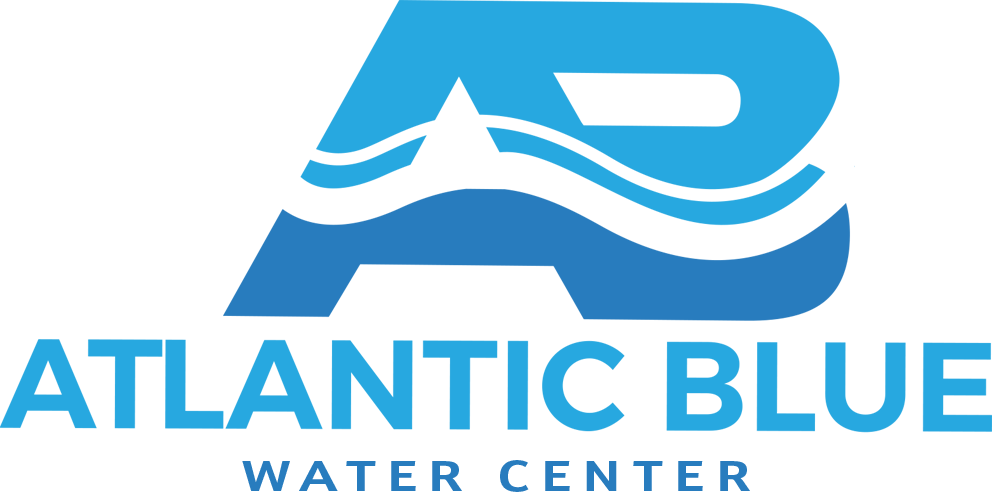Every homeowner wants to provide their family with water that is clean, safe and healthy to drink. Unfortunately, even if you rely on municipal water that has already been treated before heading to your home, there might be contaminants in your water that are hazardous to your health. Some of these contaminants have been linked to concerning things but are allowed to a certain level in your water supply, and others are not yet regulated. What should you know about potential manganese in your water?
What Is Manganese?
Manganese is a naturally occurring substance that can be found in soil, rocks, water, food and air. We need to consume a certain amount of manganese to stay healthy, but the amount varies depending on age. Like some other minerals, the level at which manganese benefits you could be a level at which it does damage to someone else. It is very rare that you would need to supplement your diet with manganese, as you should be able to consume enough naturally through food.
Is Manganese Dangerous?
Manganese is not dangerous in proper quantities, but it can be hazardous if you consume water with high levels of manganese. If you have high levels of manganese in your water on top of the food that you consume, you might have trouble with memory, attention and motor skills. Babies under a year old who consume water with too much manganese can develop learning and behavioral problems. Beyond the health consequences, water that has elevated levels of manganese can have a strange taste or stain laundry. Thankfully, the consequences of consuming too much manganese can largely be avoided through water treatment solutions.
If you have elevated levels of manganese in your water, it’s important to know that you should not drink it directly without treatment. You should also never use the water to make formula for an infant or allow them to drink it directly. You should also avoid using the water to prepare any foods, like soup. Boiling the water simply concentrates the amount of manganese instead of eliminating it, so it will not work to get rid of excess manganese. You should also not use tap water with high levels of manganese to make ice, make drinks or brush your teeth if you swallow the water. It is safe to use untreated water with high levels of manganese to wash dishes, do laundry or take showers, but it might stain or discolor your clothing or white dishes.
Is There Manganese in Your Water?
The only way to know whether or not there is manganese in your water is through testing. Atlantic Blue Water Center can assist with water testing to pinpoint the issues and determine if there are any other issues with your water. After you receive the results, we can also help you to determine the right water filtration or treatment solution for your home. A simple reverse osmosis system, for example, can get rid of elevated levels of manganese in your water to keep your family safe.

What Should You Do to Protect Your Drinking Water?
If you have manganese in your water, you should keep in mind that the levels your local public treatment system maintains may be too high for your comfort level. If your infant consumes formula made with tap water or drinks plain tap water, you should always ensure water levels are 100 micrograms or less. If you have an infant in your home who only drinks filtered water, you should still ensure the levels are 300 micrograms or less.
However, keep in mind that, even if manganese is below the level that will do damage to your health, it still might lead to staining on your laundry, scaling on your plumbing and off-putting water. We can assist you with accurate water testing that will show you exactly what is in your water and help you find the right filtration or treatment solution for your situation.
If there are only small amounts of manganese in your drinking water, an ion exchange water softener could lower the levels and remove it. However, if you don’t have other hardness issues with the water, there are other devices that might be more effective. Oxidizing filters can remove iron and manganese in a single unit with ease, but they require a significant amount of maintenance and regeneration. If you maintain your filters, they will be effective for getting rid of moderate levels of both oxidized iron and manganese.
The gold standard in water filtration and treatment for manganese and many other compounds is a reverse osmosis system. These systems are incredibly thorough, and they can remove many different things from your water. Some of the compounds that a reverse osmosis system can remove include:
- Bacteria (salmonella, e. coli, shigella, etc.)
- Protozoa (giardia, etc.)
- Viruses (Hepatitis A, norovirus, rotavirus, etc.)
- Contaminants (sodium, chloride, copper, chromium, lead. etc.)
On top of the things that it can remove entirely, reverse osmosis systems can also dramatically reduce the amount of other compounds in the water, including things like arsenic, fluoride, radium, calcium, sulfate, magnesium, nitrate, phosophorus and more. If you aren’t sure what system is right for you, we can use your water quality testing results to determine the proper solution for your situation. No two water qualities are identical, even in homes within the same neighborhood! We are here to help.
Make Sure That Your Home Water Supply Is Safe to Drink with Atlantic Blue Water Center
We provide water treatment and water softening solutions for homeowners that want a cleaner water supply and water that is free from hazardous carcinogens that can contribute to increased cancer risk. We’re also focused on providing additional education on water treatment, water quality, and issues associated with water contaminants. Call us at (410) 751-9200 to schedule your in-home water testing appointment today.
